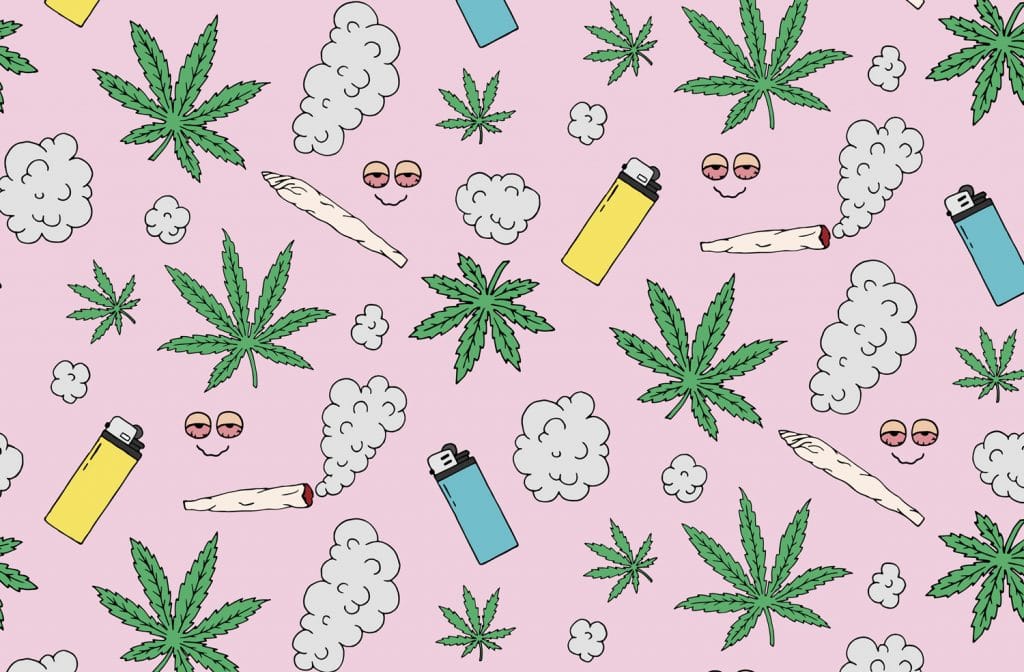A new study found that ‘ready-made’ images of what marijuana users are supposed to look like are indeed being used and reinforced by media.
Almost two-thirds of Americans support marijuana legalization, including the majority of Republicans for the first time in U.S. history. But even as cannabis becomes more socially acceptable and widespread, negative stereotypes persist in mainstream media publications, according to a new study. This is especially true of conservative-leaning publications, which include photos of big bong rips and lazy stoner clichés.
In a study published in the journal Visual Communications, researchers found that legalization didn’t affect how these publications portrayed cannabis users. The study also demonstrated “the heavily politicalized nature of marijuana legalization,” as “racial, criminal and cultural stereotypes linger in mediated visual portrayals.”
RELATED: Should You Tell Your Anesthesiologist About Your Marijuana Use?
To draw these conclusions, the study analyzed online news publications between June 1, 2013 to July 1, 2014—indicating the six months before and after Colorado legalized cannabis. They ultimately gathered “458 visuals across 10 different media outlets across the political spectrum,” dividing the publications into liberal outfits (New York Times, Chicago Tribune, Los Angeles Times, New York Times), conservative publications (New York Daily News, Houston Chronicle, New York Post, Dallas Morning News), and sites they considered neutral (Wall Street Journal, USA Today).

Among these publications, 21% of images accompanying articles featured stoner clichés, like giant clouds of marijuana smokes or college students sharing a joint. More alarming, however, were the 15% of photos linking marijuana and criminal activity, which often featured racial minorities. “Relatively few depictions of marijuana users in the US are visuals of ordinary, ‘normal’ people or families,” researchers wrote.
“Overall, more racial minorities are depicted as criminals (21.5%) than are non-racial minorities (13.4%),” the study’s authors added, according to Marijuana Moment. “Further, significantly more racial minorities are associated with headlines with a topic about crime (42.5%) than are non-racial minorities (23.1%).”
RELATED: Survey: Parents And Their Children Are Equally Addicted To Smartphones
The study concluded how political ideology fueled how these publications depicted visual stereotypes. Normalizing marijuana as a plant, such as showcasing scientists in laboratory settings or stock images of the plant. Neutral outfits were most responsible for neutralizing stereotypes (9% of all images normalized cannabis) than liberal ones (8.6%), while conservative outlets rarely did so (1.9%). According to the study, media will play an important role in just how we view marijuana as a lifestyle, medical, and wellness concept, depending on their visual depictions.
“Broadly, this study suggests that ‘ready-made’ images of what marijuana users are supposed to look like are indeed being used and reinforced by the media,” authors wrote. “As more states begin to acknowledge the false propaganda and exaggerations associated with marijuana’s history in the U.S. through legalization efforts, the media will play a leading role in either reinforcing or debunking these myths through the representations they choose to visually illustrate the issue.”


